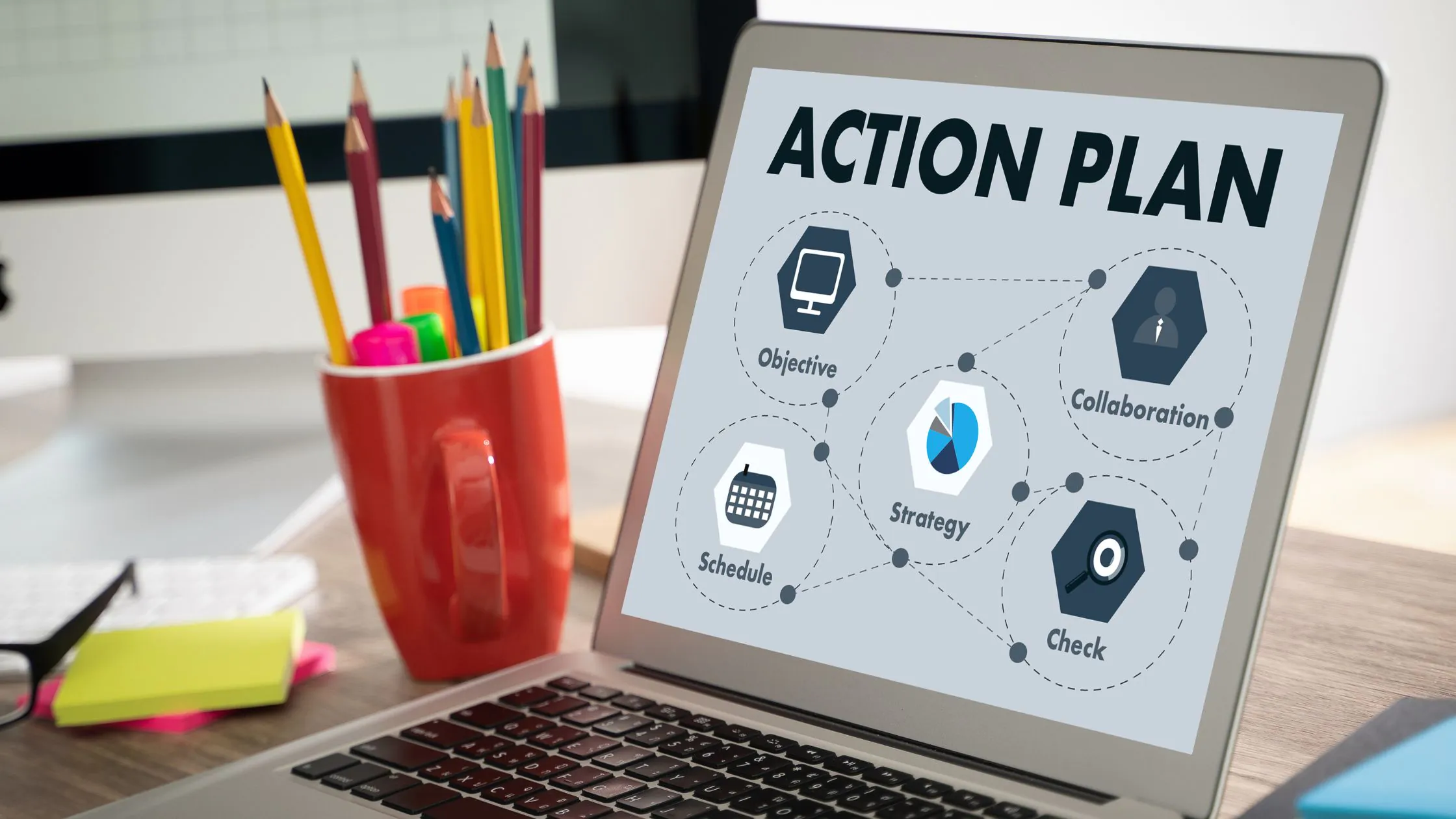In Applied Behavior Analysis (ABA) therapy, ensuring the best outcome for clients involves a structured approach. One crucial element in this approach is the skill acquisition plan. SAPs are unique roadmaps built to guide learners on a journey toward mastering new skills and behaviors. From enhancing communication abilities to fostering social interactions, they provide a structured framework for achieving meaningful progress for children with autism.
Who Implements Skill Acquisition Plans?
Skill acquisition plans are typically developed and implemented by Board-Certified Behavior Analysts (BCBAs) or Board-Certified Assistant Behavior Analysts (BCaBAs). These professionals have undergone rigorous training and certification to design effective interventions based on behavior analysis principles.
To create meaningful skill acquisition plans, BCBAs often conduct both indirect and direct assessments to understand behaviors, strengths, and areas needing improvement. Indirect assessments involve gathering information through interviews, surveys, and existing records, while direct assessments involve direct observation and measurement of behavior in real-life settings. By blending these two assessment methods, BCBAs can tailor skill acquisition plans to meet the unique needs of each individual.
Elements of a Skill Acquisition Plan
Crafting skill acquisition plans entails several vital components, each carefully structured to facilitate effective learning outcomes. The key elements of skill acquisition plans include:
- Target skills: The plan identifies specific skills that the client needs to learn or improve upon based on their individual needs, assessment results, and treatment goals.
- Objective and measurable goals: Each target skill is accompanied by clear and measurable goals. These goals define what the client should be able to do upon mastering the skill and are stated in observable and measurable terms to track progress accurately.
- Teaching strategies: The plan outlines the teaching methods and strategies that the therapist will use to teach each target skill. This may include techniques such as discrete trial training, naturalistic teaching, task analysis, prompting and fading, shaping, and reinforcement strategies.
- Prompting procedures: The plan details how prompts will assist the client in learning the target skills. This includes the types of prompts (e.g., verbal, gestural, physical), prompt fading procedures, and prompt hierarchy.
- Reinforcement strategies: The plan specifies the reinforcement strategies to motivate and reward the client for demonstrating the target skills. These may include preferred items, activities, or social praise to reinforce desired behaviors.
- Criteria for mastery: It is crucial to establish criteria benchmarks for determining when a client has mastered a target skill. Mastery criteria are typically based on the client’s performance and may include accuracy, independence, and consistency.
- Generalization and maintenance: To ensure that learned behaviors extend beyond therapy sessions, skill acquisition plans prioritize generalization and maintenance. Stimulus and response generalization teach clients to respond to various stimuli that share common characteristics and generate a variety of responses to a given stimulus or situation. The goal is to enable clients to apply learned skills in real-life situations and maintain them over time.
- Collaboration and communication: The plan may include information about collaboration and communication among team members involved in implementing the plan. This ensures everyone is on the same page and working together to support the client’s progress.
Skills Targeted in Skill Acquisition Plans
Skill acquisition plans in ABA therapy encompass various skills across various domains, all aimed at enhancing independence and overall quality of life. Commonly targeted skills include:
- Communication skills: Expressive and receptive language, conversation skills, and nonverbal communication.
- Social skills: Initiating and maintaining social interactions, sharing, taking turns, following social cues, and making friends.
- Daily living skills: Personal hygiene, dressing, grooming, eating, cooking, cleaning, and money management.
- Academic skills: Reading, writing, and other educational concepts.
- Motor skills: Gross motor skills (e.g., walking, running) and fine motor skills (e.g., writing, drawing).
- Self-management skills: Self-monitoring, self-regulation, impulse control, and coping strategies.
Reporting on SAPs After Implementation
After implementing skill acquisition plans, it is essential to assess the efficacy of interventions and track progress accurately. Platforms like ABA Matrix, an innovative software solution designed specifically for ABA therapy, streamlines data collection, ensures accuracy, and facilitates comprehensive reporting. By leveraging ABA Matrix, professionals can efficiently document skill acquisition, measure outcomes, and make informed decisions regarding intervention adjustments and future planning.
Skill acquisition plans are crucial in ABA therapy because they provide a structured framework for teaching individuals with developmental or behavioral challenges essential skills necessary for their daily functioning and overall well-being. By providing a structured framework for teaching new skills, these plans empower individuals to reach their full potential. With the right tools and expertise, ABA professionals can make a meaningful difference in the lives of their clients, one skill at a time.
(This blog has been updated with the latest information to ensure accuracy and relevance.)
